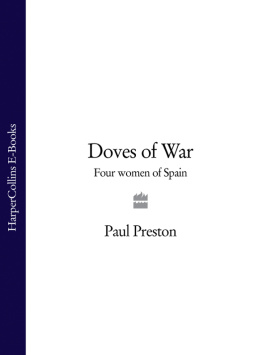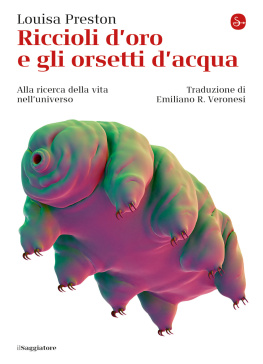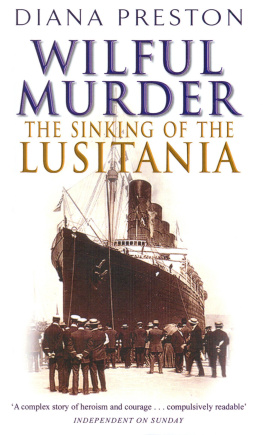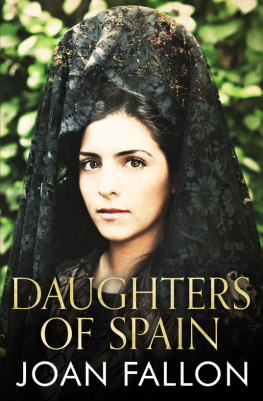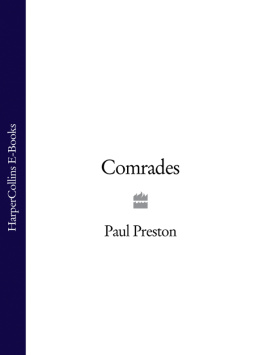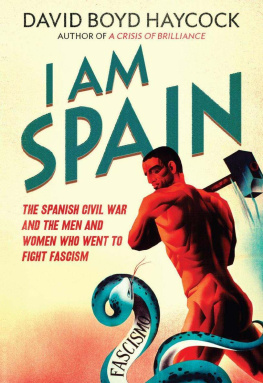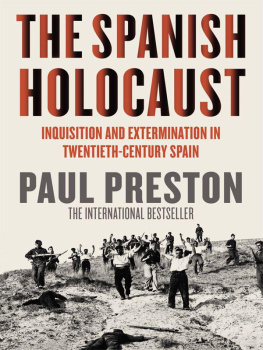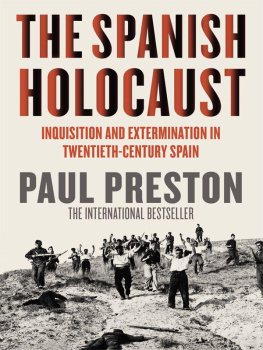
PROLOGUE
Fears and Fantasies
I N LATE SEPTEMBER 1937, two English women arrived in Paris. One, a penniless housewife and Communist Party militant from London, had travelled on the crowded boat train from Calais. Despite being exhausted after her trip, she left her luggage at the station and got a bus straight to the recently inaugurated Great Exhibition. The other, the daughter of one of the richest aristocrats in England, accompanied by a princess, the granddaughter of Queen Victoria, arrived in a gleaming limousine. After checking in at their luxurious hotel in the Rue de la Paix, she dined out. The next day, after a little shopping, she too visited the exhibition. So great was the bewildering cornucopia spilling out of the two hundred and forty pavilions jostling along the banks of the Seine that only a small part of their wonders could be seen in a few hours. The two women had to make choices. What they decided revealed much about where they had come from and about where they were going.
The Communist made a beeline for the pavilion of the Spanish Republican Government and stood spellbound at Picassos Guernica. She was repelled by the competitive vulgarity of the German and Soviet pavilions which glared aggressively at each other at the end of the Pont dIna on the Rive Droite of the Seine. In contrast, the society girl was captivated by the great German cubic construction, designed by Albert Speer, over which flew a huge eagle bearing a swastika in its claws. Although, like her poorer compatriot, she was en route to the Civil War raging to the south, she did not bother to visit the pavilion of the Spanish Republic. They did both share utter contempt for the British display. The Communist snorted in disdain at the British contribution mostly tweeds, pipes, walking sticks and sports gear. The aristocrat considered the British pavilions displays of golf balls, marmalade and bowler hats to be very bad.
The two English women never knew that they had coincided at the Paris exhibition any more than that their paths had crossed before. Three and a half months earlier, the aristocrat had emerged from a cinema in Leicester Square and watched a Communist demonstration protesting about the German navys artillery bombardment of Almera in South Eastern Spain. Amongst those chanting Stop Hitlers War on Children! was the left-wing housewife. For both women, Paris was just one stop on a longer journey to Spain. Their preparations in August 1937 could hardly have been more different. The Communist had thought long and hard about leaving England and her son and daughter to volunteer for the Spanish Republic. With trepidation, she sold what she could of her books and household chattels and deposited the rest in a theatrical skip. At Liverpool Street Station in London, she bade a painful farewell to her two children and then put them on a train to a boarding school paid for by a wealthy Party comrade. A month before her thirty-third birthday, the petite brunette leftist had little by way of possessions. She had hardly any packing to do for herself, just a few clothes her two battered suitcases were crammed with medical supplies for the Spanish Republican hospital unit that she hoped to join. Clutching her burdens, she took a bus to Waterloo Station to catch the train to Dover.
Her counterparts preparations were altogether more elaborate. For more than six months, she had dreamed of nothing else. She was in love and hoped that by going to Spain she would win the attention of her beloved, a Spanish prince serving with the German Condor Legion. During the summer of 1937, in the intervals between riding, playing tennis and learning golf, she took Spanish lessons with a private tutor. In Londons West End, her punishing schedule of shopping was interspersed with inoculations, and visits to persons likely to be useful for her time in Spain. These included one of the four men with principal responsibility for British policy on Spanish affairs at the Foreign Office and the ex-Queen Victoria Eugenia of Spain. Not yet twenty-one, the blonde socialite, rather gawky and deeply self-conscious about her weight, desperately haunted the beauty salons in preparation for her Spanish adventure. She left England in the chauffeur-driven limousine belonging to Victoria Eugenias cousin, Princess Beatrice of Saxe-Coburg. The car was overloaded with trunks and hatboxes containing the trophies of the previous four weeks shopping safaris. After being ushered by the station master at Dover into a private compartment on the boat train, they crossed the channel then motored on to Paris to their hotel, more shopping and the visit to the Great Exhibition. On the following morning, she set off on the remainder of her journey south to the Spanish border, enjoying an extremely pleasant tour through the peaceful French countryside.
After seeing the Picasso, her left-wing compatriot hastened to collect her heavy cases and catch the night train to Spain. Crushed into a third-class carriage, she was able to reflect on the horrors that awaited her on the other side of the Pyrenees. She was an avid reader of the left-wing press and had received painfully eloquent letters from her husband. He was already in Spain, serving as an ambulance driver with the International Brigades. By contrast, the young occupant of the limousine bowling along the long, straight, tree-lined French roads was blithely insouciant. Her knowledge of the Spanish Civil War was based on her reading of a couple of right-wing accounts which portrayed the conflict in terms of Red atrocities and the knightly exploits of Francos officers. She sped towards Biarritz like a tourist, in a spirit of anticipation of wonders and curiosities to come. Her mind was on the object of her romantic aspirations, and she was thinking hardly at all of the terrors that might lie before her.
Both women were sustained by their fantasy of what their participation in the Spanish war might mean. For the aristocrat, it was about love and a chivalric notion of helping to crush the dragon of Communism. The Communists hopes were more prosaic. She wanted to help the Spanish people stop the rise of fascism and, deep down, vaguely hoped that doing so might be the first step to world revolution. Neither the aristocrat setting out to join the forces of General Franco nor the Communist could have anticipated the suffering that awaited them. Even the gruesome picture of the bloodshed at the front provided by the graphic letters from her husband had not fully prepared the left-winger en route to serve the Spanish Republic for the reality of war. By that late summer of 1937, however, the women of Spain had already been coming to terms with the horrors of war for over a year. For most of them, there had been no question of volunteering to serve. They had little choice the war enveloped them and their families in a bloody struggle for survival. For two Spanish mothers, in particular, the war would have the most wildly unexpected consequences in terms of both their personal lives and the way in which they were dragged into the public sphere. Both were of widely differing social origins and political inclinations and had different hopes for what victory for their side might mean for them and their families. Their lives and their fantasies would be irrevocably changed by the war.
In the first days of the military uprising of 18 July 1936, one, a young mother of three, who had just turned twenty-five, had every reason to expect dramatic disruption in her life as a consequence of the war. She lived in Valladolid in Old Castile, at the heart of the insurgent Nationalist zone, and her husband was a prominent leader of the ultra-rightist Falange. Already, as a result of his political beliefs, she had experienced exile and political persecution. She knew what it was like to be on the run and to keep a family with a husband in jail. Because of his political activities, she had endured one childbirth completely alone and, in exile, had undergone a forceps delivery without anaesthetic. Nevertheless, she had stifled whatever resentment she might have felt as a result of her husbands political adventures and supported him unreservedly. Now four months pregnant, the outbreak of war brought all kinds of possibilities and dangers. She rejoiced at his release from prison as a result of the military uprising and shared his conviction that everything for which they had both made so many sacrifices might come to fruition within a matter of weeks, if not days. Not without anxiety about the final outcome, she could now hope that her husbands days as a political outlaw were over, that they could build a home together and that they and their children would be able to live in the kind of Nationalist Spain to which he had devoted his political career.
Next page
